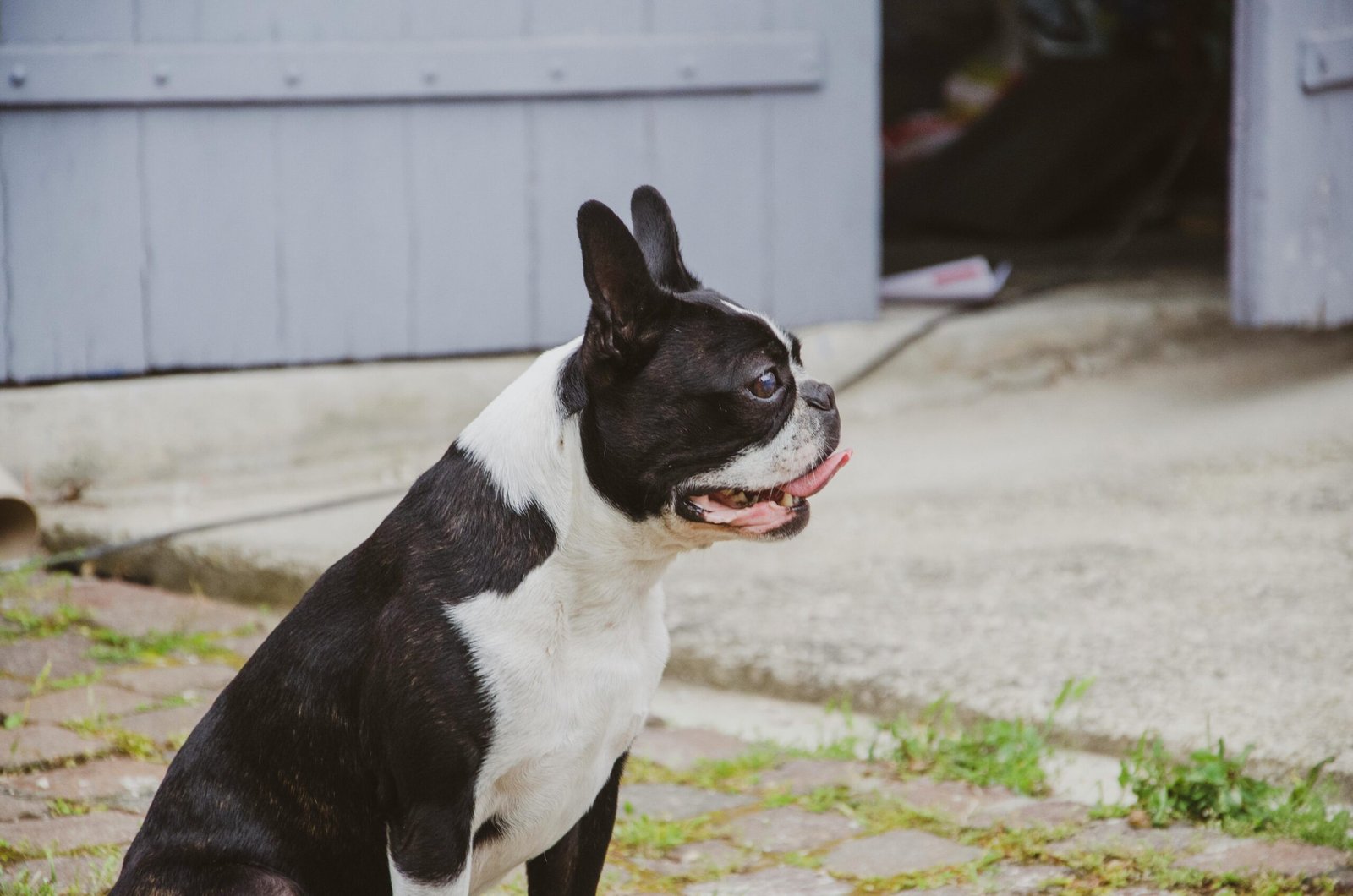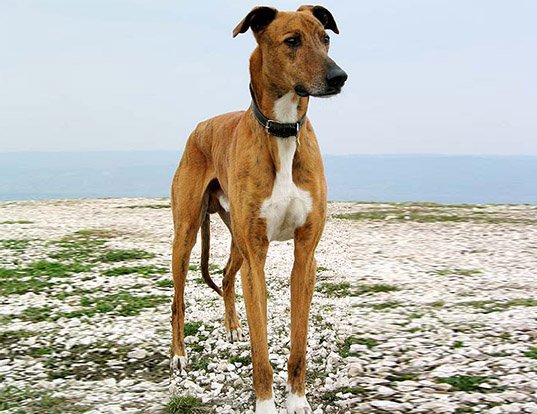Overview of the Boston Terrier
The Boston Terrier, often affectionately called the “American Gentleman” due to its distinctive tuxedo-like coat and amiable personality, has a rich history that traces back to the late 19th century. This breed originated in Boston, Massachusetts, where it was developed from the crossbreeding of the now-extinct English Bulldog and a related breed termed the “Rat Terrier.” Initially bred for the sport of dog fighting, the Boston Terrier underwent a transformation in its early development, pivoting towards a more gentle disposition, making it a favored companion animal.
In 1893, the Boston Terrier was recognized by the American Kennel Club (AKC), marking its entry into the formal world of dog breeding and showcasing. Since then, this breed has gained significant popularity, particularly among urban residents, due to its adaptability to smaller living spaces and affectionate nature. The Boston Terrier’s popularity is often attributed to its playful demeanor, intelligence, and ability to bond closely with families, making it an ideal choice for households with children or older adults.
The Boston Terrier is classified within the non-sporting group by various kennel clubs, which highlights its versatility, strength, and pleasant temperament. Despite the breed’s compact size and somewhat aloof appearance, the Boston Terrier is known for its spirited personality and boundless energy. It thrives on social interaction and requires daily exercise to stay healthy and content. Furthermore, the breed exhibits a unique combination of independence and loyalty, which endears it to dog enthusiasts worldwide. With their charming nature and endearing traits, Boston Terriers continue to capture the hearts of many, solidifying their status as one of the most beloved companion dogs.
Physical Attributes and Characteristics
The Boston Terrier is a breed known for its striking physical appearance, characterized by a compact body, muscular build, and an endearing expression. Typically, these dogs stand between 15 to 17 inches tall at the shoulder and weigh around 10 to 25 pounds, making them a small to medium-sized breed that is well-proportioned and sturdy. Their size allows them to be adaptable for various living environments, from apartments to larger homes.
One of the most notable characteristics of the Boston Terrier is its distinctive coat, which is short, smooth, and easy to maintain. The breed commonly features a combination of black, brindle, or seal with white markings, often resembling a tuxedo. This unique appearance not only adds to their charm but also makes them quite recognizable. The white markings typically include a stripe extending from their muzzle upward, a white chest patch, and white feet, contributing to their overall elegance.
The breed’s large, expressive eyes have a captivating quality that endears them to many dog enthusiasts. Their eyes are typically round and set wide apart, exuding an intelligent and lively demeanor. Additionally, Boston Terriers have a distinctive ear shape, with their ears standing erect and slightly rounded at the tips, which adds to their alert and curious expression.
Grooming a Boston Terrier is relatively straightforward, thanks to their short coat. Occasional brushing is recommended to remove loose hair and maintain a clean appearance, while regular dental care and nail trimming are essential components of their maintenance routine. Overall, the Boston Terrier’s physical attributes and characteristics contribute to its popularity, combining aesthetic appeal with practical living considerations, making them a beloved companion for many households.
Personality and Behavior
The Boston Terrier is renowned for its friendly and sociable temperament, making it an ideal choice for many families. This breed is inherently affectionate, exhibiting a deep bond with their humans, and displaying a gentle demeanor towards children. Their playful nature adds to their charm, as they easily engage in activities with family members, making every interaction an enjoyable experience. This sociability extends beyond human companions; Boston Terriers often get along well with other pets, establishing bonds that contribute to a harmonious household.
Aside from their affectionate disposition, Boston Terriers possess a unique combination of intelligence and stubbornness. Their sharp minds allow them to learn quickly and respond well to training, yet this intelligence can sometimes manifest as a stubborn streak during obedience sessions. Therefore, it is essential for owners to adopt a patient and consistent training approach. Implementing positive reinforcement techniques can significantly enhance their learning experience, helping them grasp commands while cultivating a loving bond with their trainer.
Another critical factor impacting the behavior of Boston Terriers is early socialization. Exposing this breed to various environments, people, and pets at a young age can help them develop into well-rounded adults. Socialized Boston Terriers are typically more adaptable, confident, and less anxious in novel situations, creating a more enjoyable experience for both the dog and the owner. This adaptability is one of the many attributes that make them excellent companions, capable of fitting seamlessly into various lifestyles, be it an active family or a quieter household.
In summary, the Boston Terrier’s personality is characterized by a delightful combination of friendliness, playfulness, and intelligence, supported by the benefits of early socialization and responsible training. These traits combine to create a breed that is not only an endearing companion but also an intelligent and adaptable dog.
Caring for Your Boston Terrier
Caring for your Boston Terrier is essential to ensure their health and well-being throughout their life. Given their unique characteristics, this breed requires a specific approach regarding diet, exercise, and healthcare. Boston Terriers typically thrive on a balanced diet that consists of high-quality dog food formulated for small breeds. It is crucial to monitor their calorie intake closely, as this breed is predisposed to obesity. Consult with your veterinarian to determine the appropriate portion sizes and nutritional needs based on their age, weight, and activity level.
Exercise is another vital aspect of caring for Boston Terriers. These dogs are energetic and need regular physical activity to maintain their health and happiness. A daily walk followed by playtime, such as fetch or interactive games, is generally sufficient to keep them engaged. However, it is essential to avoid overexertion, especially in hot weather, as Boston Terriers are especially sensitive to heat due to their brachycephalic structure.
Regular veterinary check-ups are critical for Boston Terriers, as they are prone to specific health issues such as brachycephalic obstructive airway syndrome, patellar luxation, and eye disorders. Early detection through routine veterinary visits can lead to better outcomes in managing any health concerns. Additionally, keeping up to date with vaccinations and preventive care, such as flea and tick treatments, is important.
Training and socialization are key components to help your Boston Terrier become a well-mannered adult. Begin training early, using positive reinforcement techniques to encourage good behaviors. Socialize your puppy with other dogs and people to help them develop confidence and reduce the likelihood of behavioral issues. Remember, a well-cared-for Boston Terrier is not only healthier but also a joy to have in your home.




I have read a few excellent stuff here. Certainly price bookmarking for revisiting. I surprise how so much attempt you place to make this kind of fantastic informative site.
Thank you! I’m glad you find it helpful!